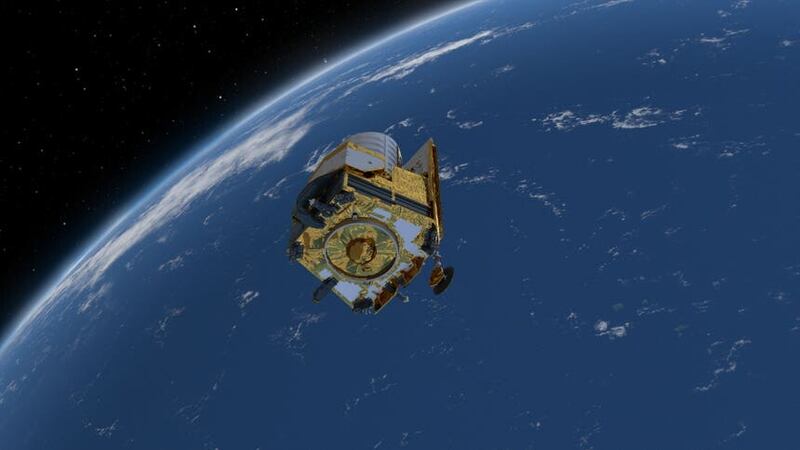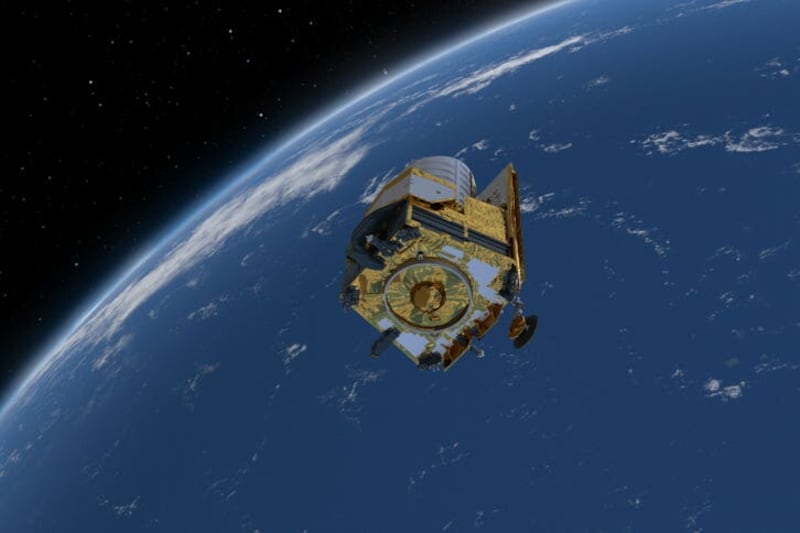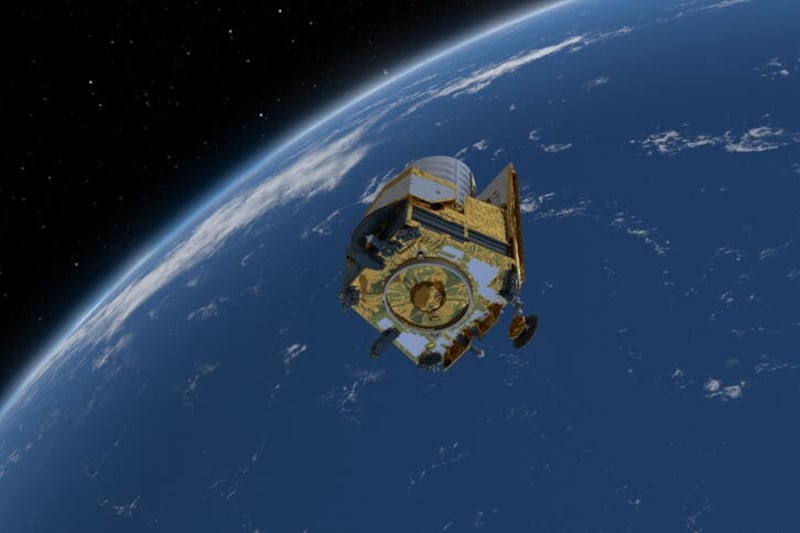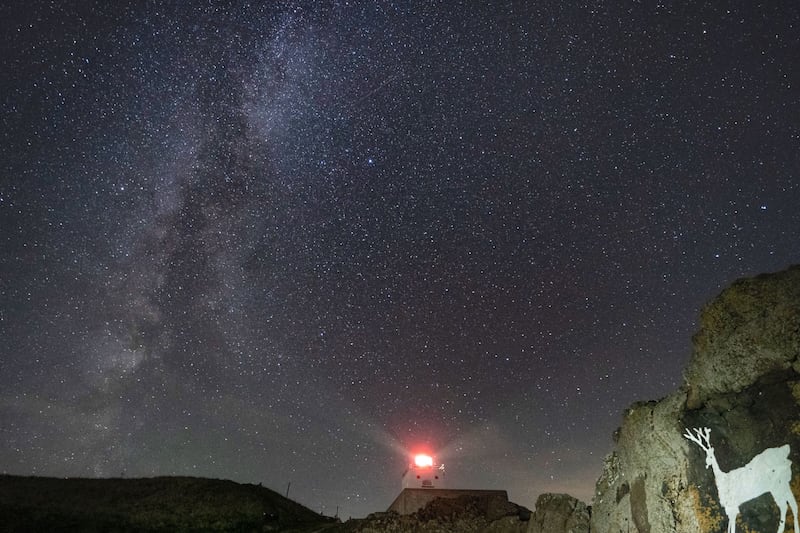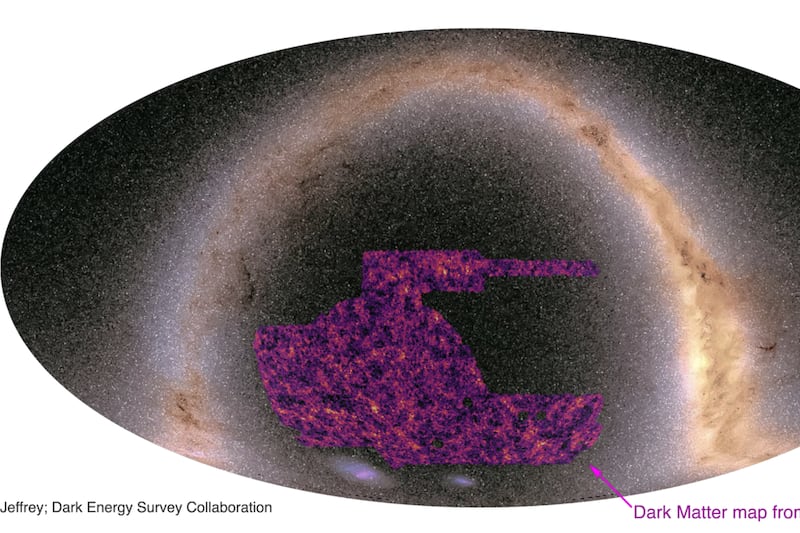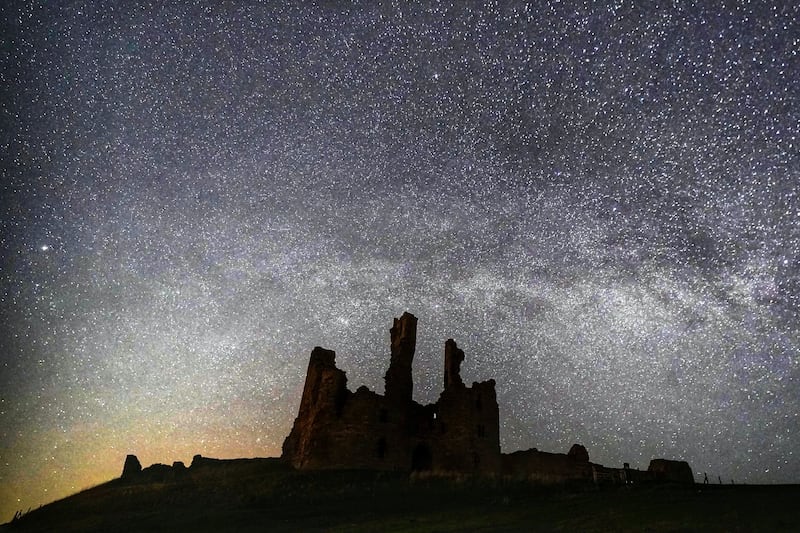A European space telescope has blasted off on a million-mile journey to uncover the mysteries of the dark universe.
Euclid was launched on a SpaceX Falcon 9 rocket from Cape Canaveral in Florida at 4.12pm UK time on Saturday and should take a month to reach its destination.
Named after the ancient Greek mathematician Euclid, the two-tonne probe is travelling towards an area in space known as the second Lagrange point, where the gravitational forces of Earth and the sun are roughly equal – creating a stable location for the spacecraft.
The UK has contributed £37 million towards the £850 million mission, with scientists playing key roles in designing and building the probe and leading on one of the two scientific instruments on board.
The aim of the mission is to shed light on two of the universe’s greatest mysteries: dark energy and dark matter.
Euclid’s six-year mission aims to scrutinise the dark universe to better understand why it is rapidly expanding.
It will make use of a cosmic phenomenon known as gravitational lensing, where matter acts like a magnifying glass, bending and distorting light from galaxies and clusters behind it, to capture high-quality images.
These images will help astronomers gain insights into the elusive dark matter, particles that do not absorb, reflect or emit light.
Dark matter cannot be seen directly, but scientists know it exists because of the effect it has on objects that can be observed directly.
They believe it “binds together galaxies creating the environment for stars, planets and life”.
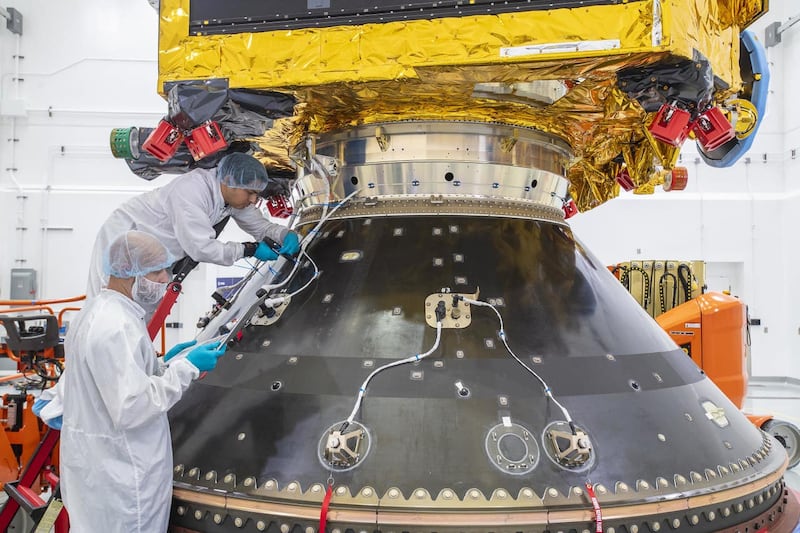
The mission will also explore dark energy, which is thought to push galaxies apart, causing the expansion of the universe to accelerate.
More than 2,000 scientists across Europe have been involved in the mission, from its design to its construction and analysis.
Caroline Harper, head of Space Science at the UK Space Agency, previously said: “We have made huge progress in exploring visible matter, our neighbouring planets, stars and galaxies, but the dark matter and dark energy that make up 95% of the universe remain largely a mystery.
“Euclid will give us new insights into both, helping us to build a clearer picture of the origin and evolution of the universe and the way it is expanding.
“The UK Space Agency’s £37 million investment into the mission over more than a decade has supported world-class science in universities around the country from Edinburgh to Portsmouth.
“UK scientists and engineers have led the development of one of the two science instruments on board, and we are also making a significant contribution to the ground-based data processing capability that will convert the raw data into ‘science-ready’ data, for researchers to use to tell us more about dark matter and dark energy.
“I’m incredibly excited to follow its discoveries over the next six years.”
